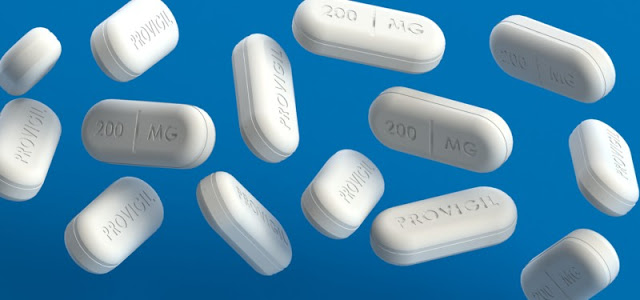
“This is your brain on drugs” public service announcement first appeared in the late 1980s and is one of the top 100 TV ads ever. From Breaking Bad to Amanda Bynes, it continues to be relevant in pop culture. But we’ve come a long way from drugs that simply fry our brains. We’ve moved on to drugs that make us make us smarter and more effective.
Leadership Drugs?
Will we be seeing a “leadership drug” soon? No, there are way too many legal, ethical and health issues. But we will likely see use of brain scans in the selection of our leaders in the future.
Neuroscience, in its quest to understand how the human brain functions can demonstrate that some human brains become leaders, while others followers. Natural leaders build more rich and dense neural networks. These neural networks make them more open to new concepts and processes. Openness to new experiences enables the development of their emotional intelligence, a critical leadership component.
Another recent study, Effective Leaders’ Brains Are Wired Differently, shows a high and complex brain favors activation (not lock-down) and facilitates greater adaptive thinking. Organizations today are struggling with complex demands — and they need leaders who can think and adapt to new situations in creative ways.
Leading with Social Emotions
Neuroscience is taking cues from the psychological research on leadership. In his upcoming new book, Grounded: how leaders stay rooted in an uncertain world, our CEO Bob Rosen, shares his decades of research — mountains of data and thousands of hours of interviews with leaders from around the globe. His conclusion: “The only way a leader can withstand the gale force winds of change is by relying on their deep, healthy roots.” As leadership and neuroscience fuse their research efforts, we will see new approaches to assessing and developing leaders that factor in the social and emotional dimensions of leadership.
What can you do today?
Emotional and social health are the roots that will grow your “leader brain.” Work on controlling and mediating your responses to your own emotions so you can tap into your powerful social tools:
- empathy
- fairness
- communication
- appreciation
How socially healthy are you? Take our Social Health Assessment.
SUBSCRIBE today to The Healthy Leader, a valuable resource for anyone in a leadership role.




